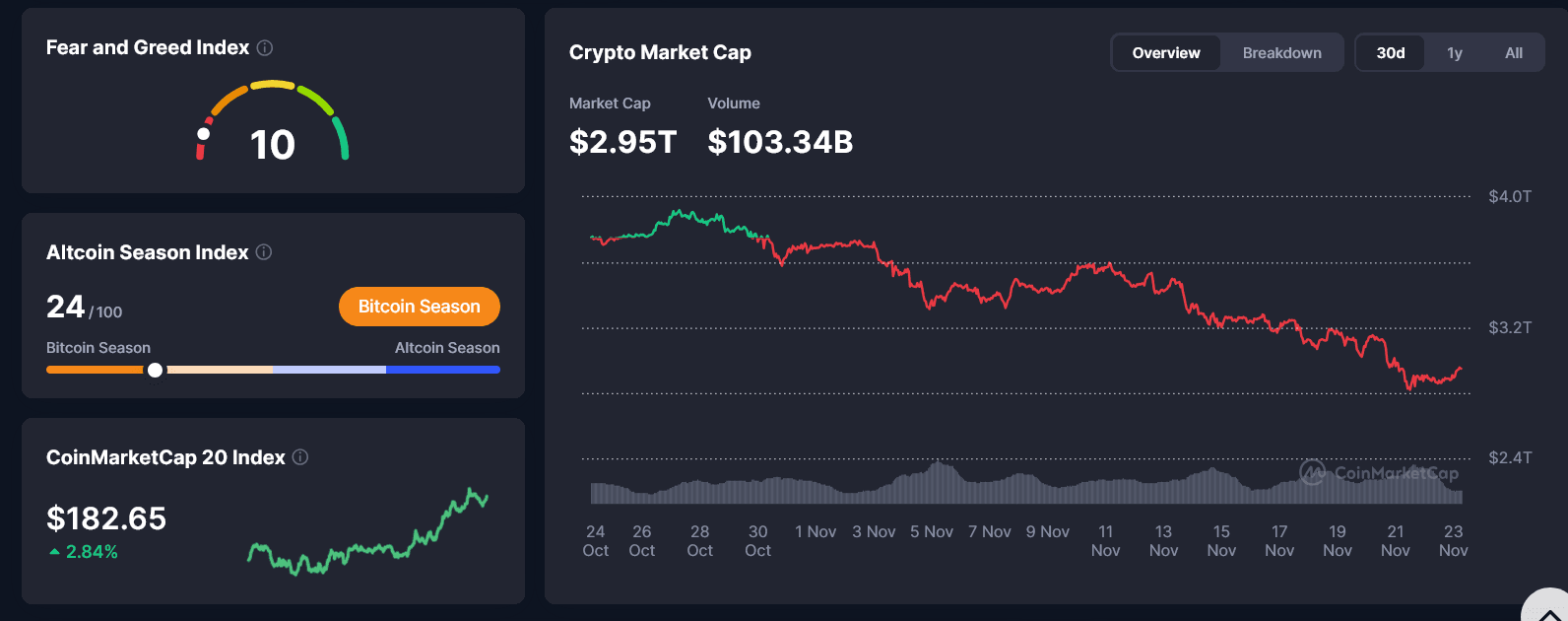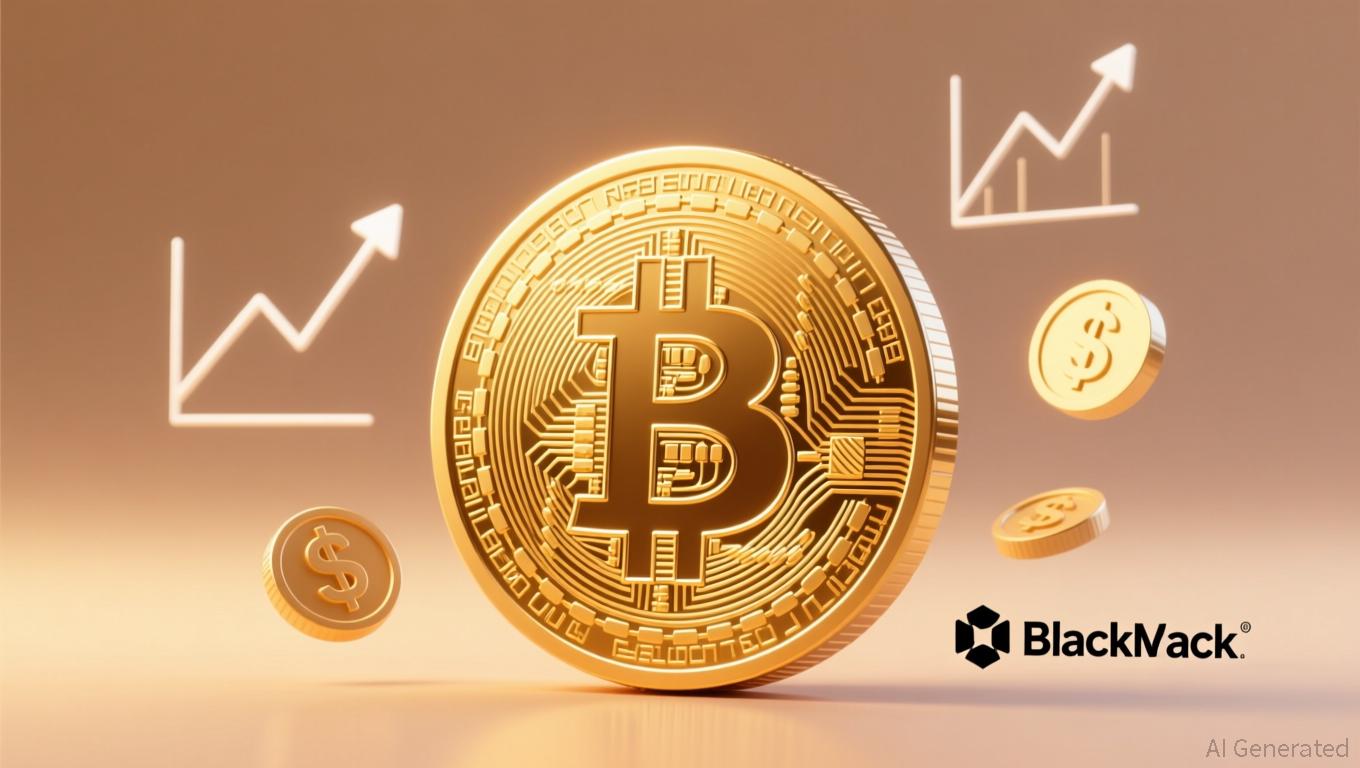TWT's Updated Tokenomics Framework: Transforming DeFi Governance and Enhancing Investor Yields
- Trust Wallet's TWT token redefines DeFi governance through utility-driven value creation, deflationary supply, and community governance in 2025. - Permanent burning of 88.9 billion tokens creates scarcity, while gas discounts, collateral capabilities, and governance rights align utility with platform adoption. - Hybrid investor returns combine scarcity-driven appreciation, staking yields, and fee-burn mechanisms, but depend on Solana ecosystem performance and utility adoption. - Challenges include fragme
Token Distribution Overhaul: Emphasizing Utility and Rarity
The 2025 tokenomics plan for TWT moves away from speculative rewards and centers on practical use cases. A key part of this shift was the irreversible burning of 88.9 billion tokens soon after its 2020 debut,
The token’s usefulness is further increased by its role in essential platform operations. TWT owners now benefit from
Governance Structure: Strengthening Holder Influence and Incentive Alignment
While decentralized governance is a core principle of DeFi, it often suffers from low engagement or dominance by major holders. TWT’s 2025 framework aims to resolve this by making governance an integral part of the token’s function. Token holders are empowered to vote on matters such as platform improvements, fee models, and ecosystem collaborations,
Aligning incentives is crucial. By connecting governance involvement with token benefits—like
Investor Benefits: A Comprehensive Value Approach
For those investing in TWT, the tokenomics introduce a multi-layered return system. The deflationary supply, together with a loyalty initiative that reallocates rewards from the current token pool,
These elements point to a blended return model: price growth from increased scarcity, earnings from staking and governance, and demand driven by practical platform use. Nonetheless, the effectiveness of this model relies on ongoing adoption of TWT’s features and the overall strength of the

Potential Obstacles and Points to Consider
Despite TWT’s forward-thinking design, it faces several challenges. The success of its governance relies on broad user involvement, which can be tough in the diverse DeFi sector. Moreover, TWT’s performance is indirectly linked to the stability of the Solana blockchain, exposing it to external risks. Investors should also consider the balance between utility-based value and price volatility, as DeFi tokens are still vulnerable to economic trends and regulatory changes.
Final Thoughts
The 2025 tokenomics of TWT represent a significant rethinking of DeFi governance and investor incentives. By rooting value in utility, scarcity, and active community involvement, the model tackles major industry challenges. However, its long-term viability will depend on effective implementation—especially the ability to grow utility adoption and strike a balance between innovation and stability. For investors, TWT stands as an intriguing example of how thoughtful token design can reshape the DeFi sector.
Disclaimer: The content of this article solely reflects the author's opinion and does not represent the platform in any capacity. This article is not intended to serve as a reference for making investment decisions.
You may also like
Bitcoin News Update: Institutions Choose Bitcoin as Protection Against Inflation, Not as a Payment Method
- BlackRock highlights rising institutional demand for Bitcoin as a "digital gold" hedge against inflation, not a payment tool. - Abu Dhabi's ADIC tripled its $517.6M stake in BlackRock's IBIT ETF, reflecting confidence in Bitcoin's long-term value preservation. - BlackRock develops a staked Ethereum ETF but faces regulatory hurdles, while crypto treasury firms like FG Nexus struggle with asset valuation pressures. - Institutional adoption accelerates globally, with Latin America expanding crypto infrastru
What's Next For the Crypto Market?

Bitcoin News Today: Bitcoin as Digital Gold, Ethereum as the Engine of Decentralized Finance: How Cryptocurrencies Are Carving Out Distinct Functions
- BlackRock executives highlight Bitcoin's shift toward "digital gold" as a long-term store of value, supported by institutional demand and fixed-supply models like Bitcoin Munari. - Ethereum's faster transaction velocity (3x BTC) reinforces its "digital oil" role, contrasting with Bitcoin's stable, passive accumulation strategy and macro-hedge appeal. - Regulatory clarity on stablecoins and blockchain transparency could deepen Bitcoin's institutional adoption while highlighting risks in altcoins like Aero

Stargate’s AI Strategy: Safeguarding the Nation or Raising Antitrust Concerns?
- Stargate, a $500B AI joint venture led by OpenAI, Oracle , and Nvidia , aims to consolidate computing power across seven gigawatt data centers in the U.S. and UAE. - Yale scholar Madhavi Singh warns the alliance violates antitrust laws by merging fierce competitors, risking cartel-like behavior and stifling innovation in chips and cloud services. - Critics argue Stargate eliminates competition in key AI sectors, while the Trump administration and lawmakers praise it as a strategic move to counter China,
